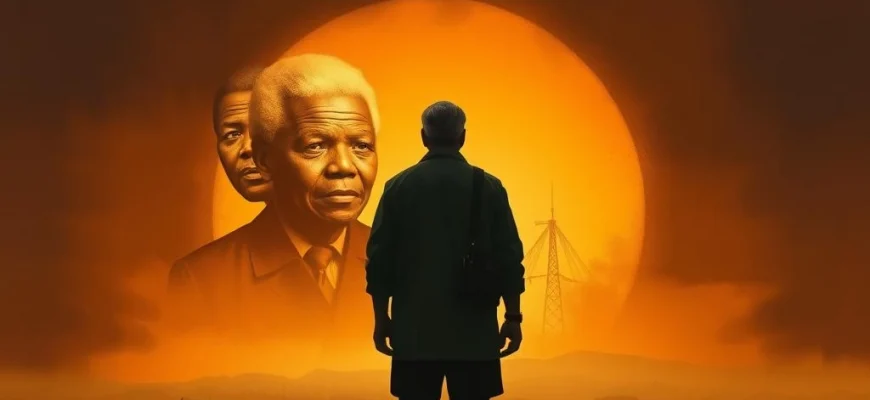If you were moved by The Man Who Drove with Mandela (1998), a gripping tale of loyalty and courage during apartheid, you'll love these 10 similar films and shows. This article explores stories of resilience, political struggle, and personal sacrifice that echo the themes of this powerful drama. Whether you're a history buff or a fan of inspiring narratives, these recommendations will captivate you.
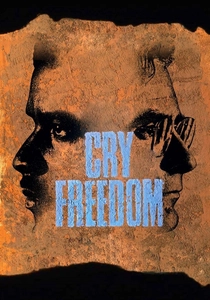
Cry Freedom (1987)
Description: This movie delves into the struggle against apartheid, highlighting the friendship between a white journalist and a black activist, and the sacrifices made for justice and equality.
Fact: The film was banned in South Africa during apartheid. It was based on the books 'Biko' and 'Asking for Trouble' by Donald Woods, the journalist depicted in the movie.
 Watch Now
Watch Now 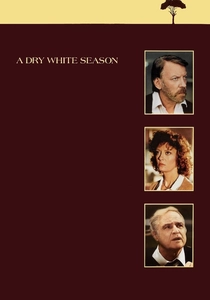
A Dry White Season (1989)
Description: The story follows a white schoolteacher who becomes aware of the brutal realities of apartheid, leading him to confront the system and his own privilege.
Fact: Marlon Brando came out of a nine-year retirement to play a small but pivotal role in this film. The movie was also banned in South Africa upon its release.
 Watch Now
Watch Now 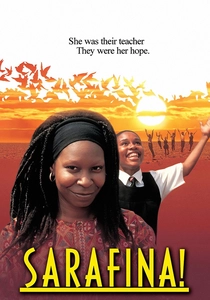
Sarafina! (1992)
Description: This musical drama captures the spirit of youth resistance during apartheid, blending powerful storytelling with music to convey the emotional and political struggles of the time.
Fact: The film is based on the stage musical of the same name, which was also a protest against apartheid. Leleti Khumalo, who played Sarafina, reprised her role from the original stage production.
 Watch Now
Watch Now 
Red Dust (2004)
Description: This legal drama set in post-apartheid South Africa deals with themes of truth, reconciliation, and the lingering scars of systemic oppression.
Fact: The film is based on the novel by Gillian Slovo, whose parents were anti-apartheid activists. It was shot in the small town of Graaff-Reinet, which doubled for the fictional town of Smitsrivier.
 Watch Now
Watch Now 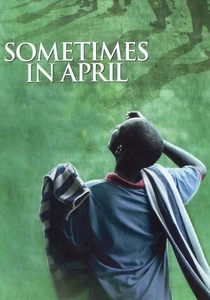
Sometimes in April (2005)
Description: This harrowing drama examines the Rwandan genocide, paralleling themes of racial hatred, systemic violence, and the quest for justice and reconciliation.
Fact: The film was shot in Rwanda, with many survivors of the genocide participating as extras or consultants. It was the first major film to be shot in Rwanda after the 1994 genocide.
 Watch Now
Watch Now 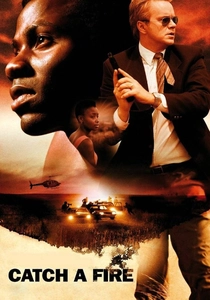
Catch a Fire (2006)
Description: The film portrays the journey of an apolitical man who becomes radicalized by the injustices of apartheid, showcasing the personal costs of resistance.
Fact: The protagonist, Patrick Chamusso, consulted on the film and even made a cameo appearance. The movie was shot on location in South Africa and Mozambique.
 Watch Now
Watch Now 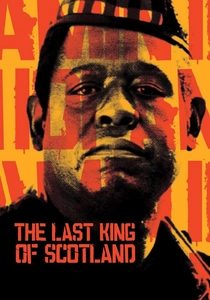
The Last King of Scotland (2006)
Description: While set in Uganda, the film shares themes of political turmoil, the abuse of power, and the moral dilemmas faced by those caught in the orbit of a dictator.
Fact: Forest Whitaker's portrayal of Idi Amin earned him an Academy Award for Best Actor. The title refers to Amin's whimsical claim of being the 'King of Scotland,' a title he bestowed upon himself.
 Watch Now
Watch Now 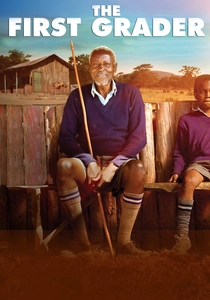
The First Grader (2010)
Description: This inspiring true story highlights the importance of education and the enduring impact of colonial and post-colonial struggles on individuals' lives.
Fact: The film is based on the true story of Kimani Maruge, who enrolled in primary school at the age of 8Maruge's story gained international attention and he became a symbol of the universal right to education.
 Watch Now
Watch Now 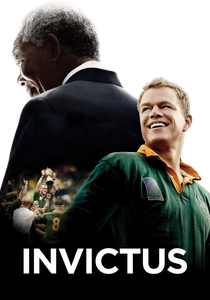
Invictus (2009)
Description: The film explores themes of reconciliation and unity in post-apartheid South Africa, focusing on the power of sports to bridge divides and inspire a nation.
Fact: The title 'Invictus' is taken from a poem by William Ernest Henley, which Nelson Mandela often recited during his imprisonment. The film's rugby scenes were shot during actual matches to capture authentic crowd reactions.
 Watch Now
Watch Now 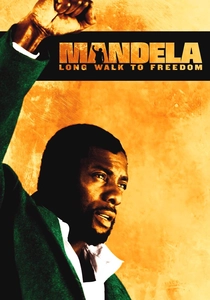
Mandela: Long Walk to Freedom (2013)
Description: A biographical epic that chronicles the life of a prominent leader, focusing on his early years, activism, imprisonment, and eventual rise to presidency.
Fact: The film premiered in South Africa on the day of Nelson Mandela's death. Idris Elba, who played Mandela, did not meet him in person to avoid being influenced by his later years, wanting instead to capture the younger, more radical Mandela.
 Watch Now
Watch Now 
